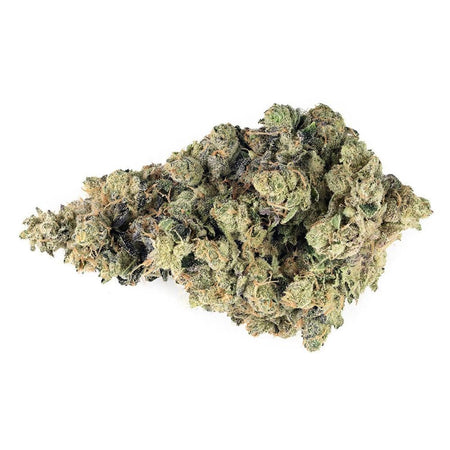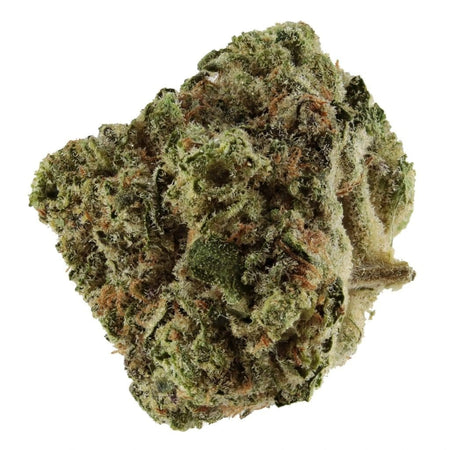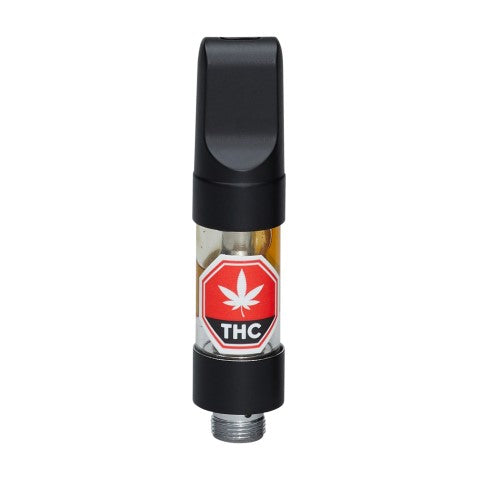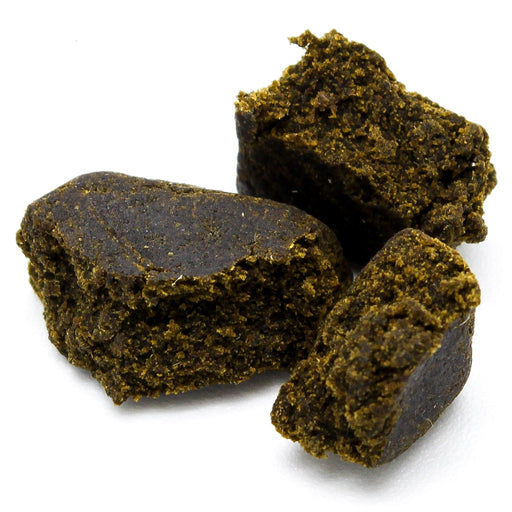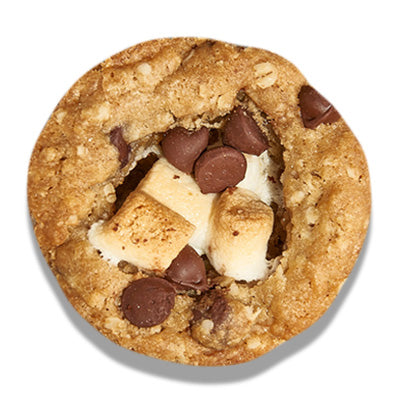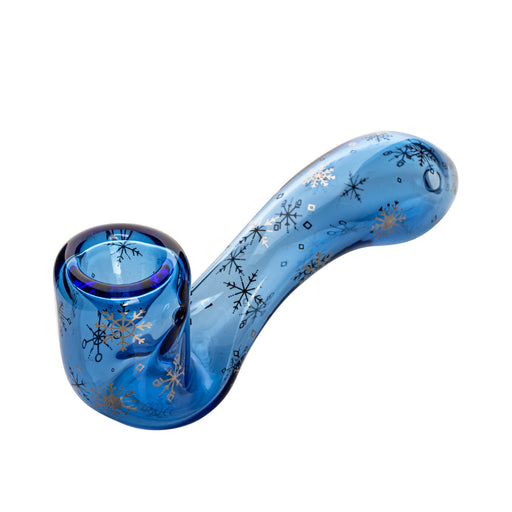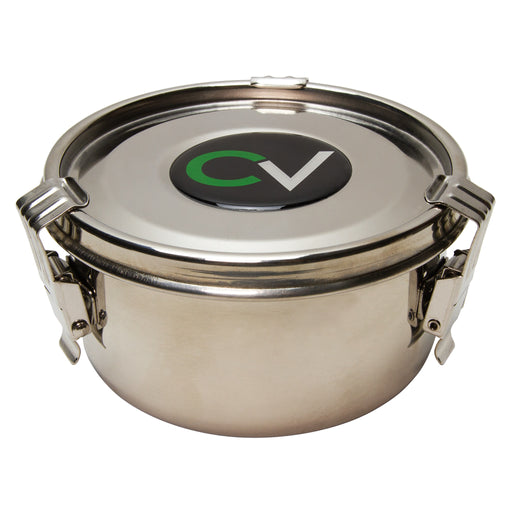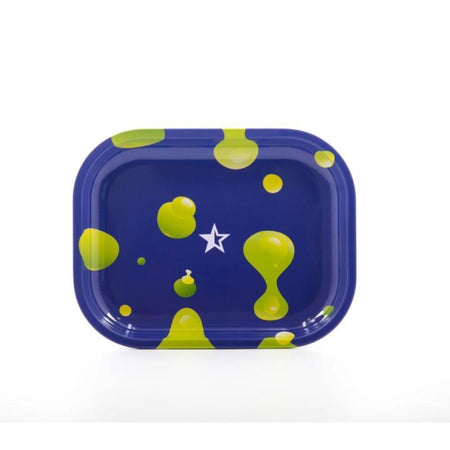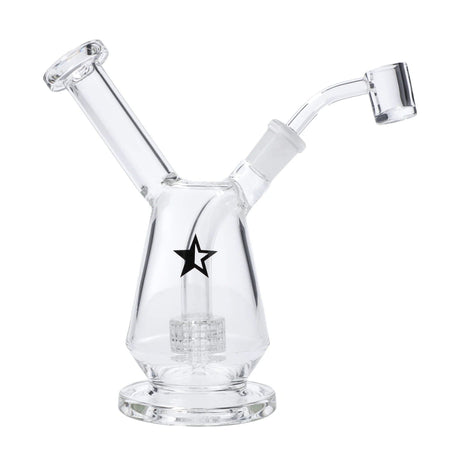Types of Beverages and Their Unique Characteristics
The realm of beverages is vast and varied, encompassing a multitude of types that cater to diverse tastes and preferences. Each category of beverages, whether alcoholic, non-alcoholic, hot, or cold, possesses unique characteristics, origins, and cultural significance. Understanding these distinctions not only enhances appreciation but also informs healthier and more enjoyable choices.
Alcoholic beverages, including wine, beer, and spirits, have a rich history that spans centuries. Wine, derived from fermented grapes, is celebrated for its intricate flavors and regional varieties, such as the robust reds of Bordeaux and the crisp whites of California. Beer, produced through the fermentation of grains like barley, boasts a wide array of styles from hoppy IPAs to dark stouts, each with distinct brewing techniques. Spirits, encompassing whiskey, vodka, and rum, are known for their higher alcohol content and are often enjoyed in cocktails or neat. The production processes of these beverages involve fermentation, distillation, and aging, all contributing to their unique taste profiles.
Non-alcoholic beverages, such as juices, sodas, and smoothies, offer refreshing alternatives with varying health benefits. Juices, whether freshly squeezed or commercially produced, provide essential vitamins and nutrients. Sodas, while often critiqued for their sugar content, come in a plethora of flavors and are a staple in many social settings. Smoothies, blending fruits, vegetables, and dairy or plant-based milk, are celebrated for their nutritional value and convenience. Popular brands in this category include Tropicana for juices, Coca-Cola for sodas, and Jamba Juice for smoothies.
Hot beverages, including coffee, tea, and hot chocolate, are integral to numerous cultures worldwide. Coffee, originating from Ethiopia, has evolved into various preparations like espresso and latte, each with distinct brewing methods. Tea, with roots in China, offers a spectrum of flavors from the robust black teas to the delicate green teas, often brewed with precision and care. Hot chocolate, a comforting drink made from cocoa, holds a special place in colder climates and festive seasons. The history and preparation of these beverages reflect the regional traditions and preferences.
Cold beverages such as iced tea, lemonade, and energy drinks, are particularly popular in warmer climates and during summer months. Iced tea, whether sweetened or flavored, provides a refreshing twist on traditional hot tea. Lemonade, made from lemons, water, and sugar, is a quintessential summer drink known for its tangy taste. Energy drinks, containing caffeine and other stimulants, are favored for their ability to boost alertness and energy levels. Market trends indicate a growing demand for these beverages, driven by lifestyle changes and consumer preferences.
The Impact of Beverages on Health and Society
Beverages play a significant role in our daily lives, influencing not only our health but also our social and cultural dynamics. Nutritionally, beverages vary widely in their composition. For instance, water, essential for hydration, contains no calories or sugars, whereas soft drinks can be high in both, contributing to various health issues. Many beverages also offer nutritional benefits; for example, milk provides calcium and vitamin D, while fruit juices are rich in vitamins and antioxidants. However, the consumption of sugary drinks and alcohol poses health risks, including obesity, diabetes, and liver disease.
Tea and coffee are renowned for their antioxidant properties, which can protect cells from damage and reduce the risk of certain chronic diseases. Green tea, in particular, is celebrated for its potential to improve brain function and aid in weight loss. On the other hand, excessive consumption of caffeinated drinks can lead to increased heart rate and anxiety. Alcohol, when consumed in moderation, might offer some cardiovascular benefits, but its overconsumption is linked to serious health issues, including addiction and liver damage.
Beyond health, beverages hold cultural and social significance. They are central to various traditions and ceremonies, such as tea ceremonies in Japan or wine toasts in Western celebrations. Social gatherings often revolve around sharing drinks, whether it’s coffee in a café or cocktails at a party. This social aspect influences lifestyle and habits, making beverages a key element in fostering human connections.
The beverage industry also has notable environmental and economic impacts. Sustainability practices are increasingly important, with companies focusing on reducing their carbon footprint and managing waste effectively. The production and sale of beverages contribute significantly to the economy, providing jobs and supporting local communities. However, this industry also faces challenges, such as the environmental cost of plastic waste and the need for sustainable sourcing of ingredients.

